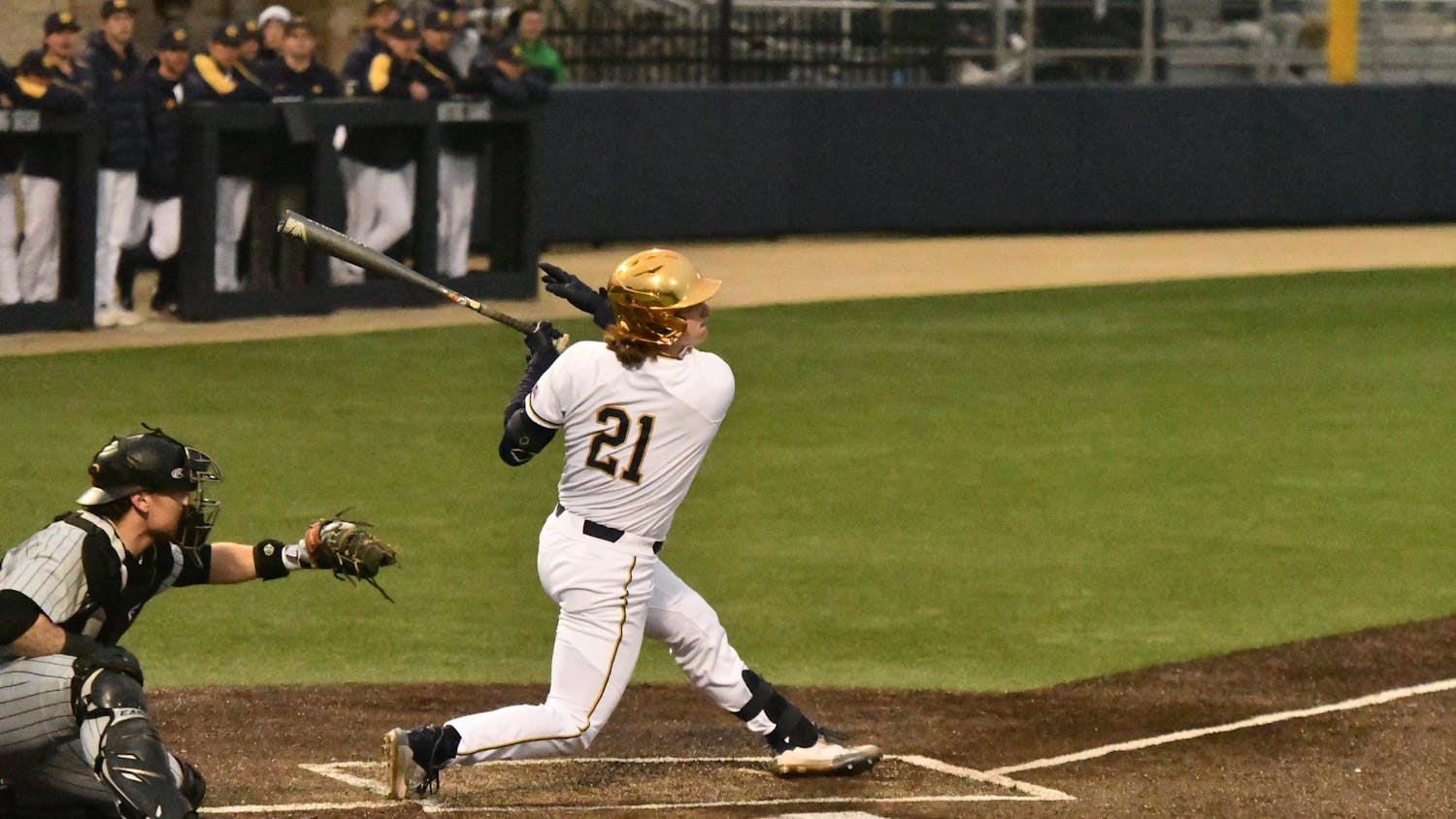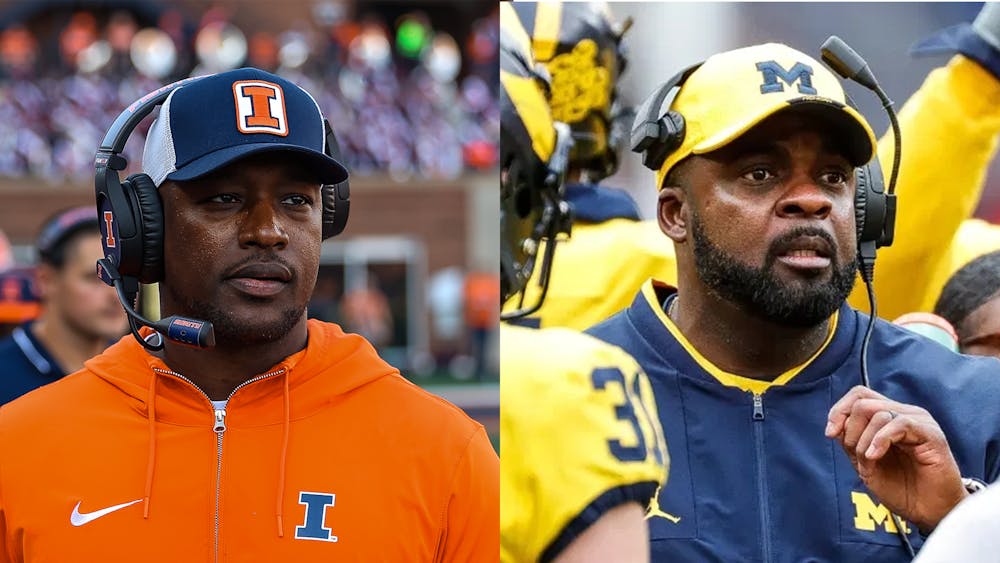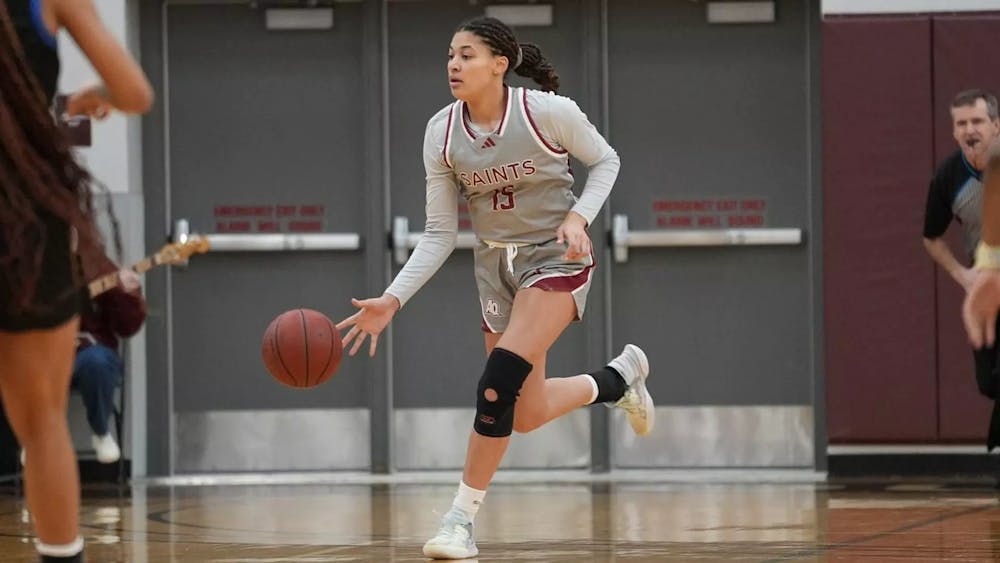On Aug. 26, 2016, Colin Kaepernick sat on the bench for the national anthem. Millions soon noticed the small act of rebellion. Few supported him, and his actions received much backlash. At the time of the protest, many commented on the fact that Kaepernick himself was not the best football player and was headed for football disaster anyways. However, this stance is not a proper argument against his protests.
Those against Kaepernick believed it is not an athlete or celebrity's place to comment on political affairs. Rather, they should just “do their job” and perform for the masses. Opposition exclaimed the phrase “Keep politics out of sports” quite frequently when Kaepernick, followed by other athletes, knelt during the anthem. The usage of this phrase flared up again in 2020 due to the MLB All-Star Game. The MLB moved the midseason clash out of Georgia after the state passed a voter restriction bill. Many cite this expression as a reason to silence athletes. It wasn’t until Kaepernick’s protests that it became vernacular.
But politics and sports have always and will always be intertwined.
During the 1936 Summer Olympics, Jesse Owens won gold. Other athletes on the podium surround Owens, heiling Hitler. That photo is now plastered in history books and used to promote American patriotism. The Notre Dame basketball teams marked their warm-up jerseys with “pray for peace”, alongside a Ukrainian flag. Miracle on Ice is a treasured memory. And “The Battle of the Sexes” recently immortalized Billie Jean King’s tennis victory over Bobby Riggs. These are just some examples of countless protests that athletes performed over the years.
Kaepernick was not the first athlete to initiate a protest. He surely will not be the last. And while Kaepernick hasn't played football since, a simple kneel sparked debate about racism in sports and America as a whole.
But just as there will always be protests and attached backlash. After LeBron James discussed politics in an interview, news anchor Laura Ingraham told him to “shut up and dribble.” In the 1968 Summer Olympics, Peter Norman stood with Tommie Smith and John Carlos as they protested civil rights in America. Australia then barred Norman from continuing to compete with the national team. During the 2020 Summer Olympics, many attacked Naomi Osaka and Simone Biles online for putting their mental health in front of their sport.
I can go on and on, naming countless examples of athletes speaking their minds. Almost always, media and the global community shut them down. But the point remains: athletes have always played an important role in protests and political movements. To say “keep politics out of sports” is the equivalent of saying to keep commas out of sentences – they are not always necessary but they are often there.
Professional athletes win an improbable genetics lottery. Those who become famous enough to have a relevant voice are even luckier. We can not expect every athlete to use their voice for every topic. However, it is simultaneously absurd to expect athletes to stay out of political affairs, especially ones that affect their own selves.









